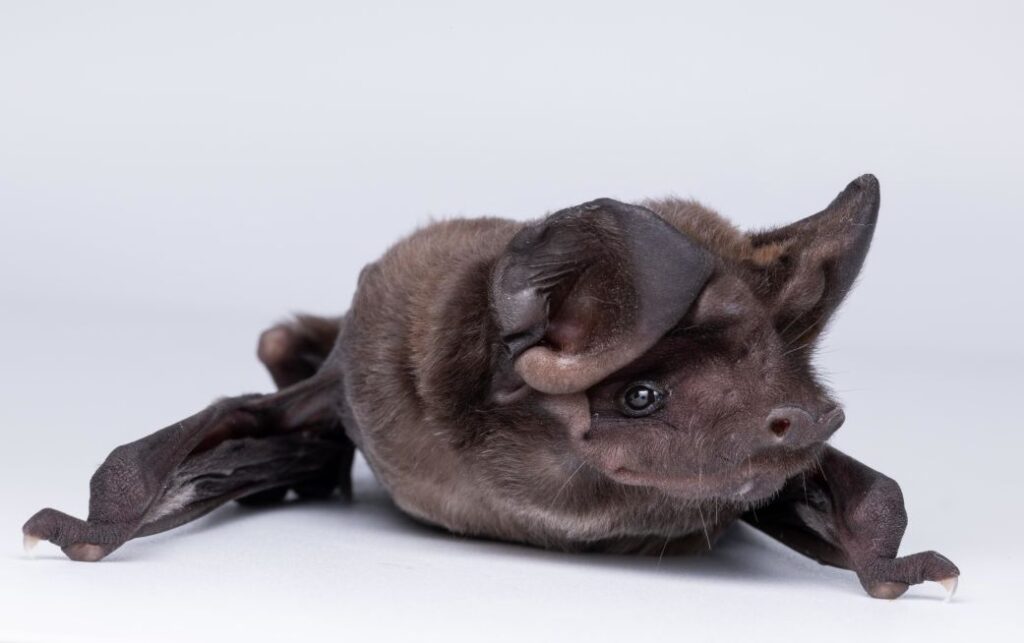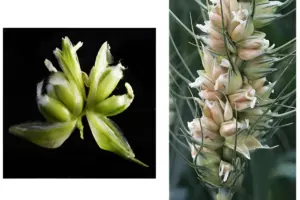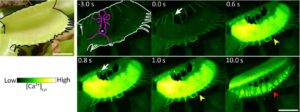
Bats are often misunderstood creatures, facing negative perceptions fueled by myths and folklore. Rodrigo Medellín, a senior professor of ecology at the University of Mexico, is dedicated to changing this narrative. He argues that bats are vital to ecosystems and deserve protection, as their populations continue to decline globally.
Medellín’s passion for bats ignited when he was just 13 years old. After holding a bat for the first time, he committed his life to studying and safeguarding these mammals. He describes caves as his sanctuary, where he finds peace and hopes to share that serenity with others. His work has earned him accolades, and he is a prominent figure in the Rolex Perpetual Planet Initiative. He also founded the Latin American Network for Bat Conservation and Global South Bats, networks designed to support bat scientists and promote conservation efforts.
With over 1,400 bat species worldwide, bats represent approximately one-fifth of all known mammal species. They are unique as the only mammals capable of powered flight, which has allowed them to colonize diverse habitats. Their remarkable echolocation enables them to navigate and hunt effectively at night, even detecting objects as small as human hair. Despite some species living over 30 years, bats reproduce slowly, typically having only one pup annually, complicating their recovery from population declines.
“There are probably the most unfairly treated animals on Earth,” Medellín asserts. Throughout history, bats have been associated with darkness, evil, and the supernatural in many Western cultures, often depicted as symbols of fear. In contrast, Eastern cultures like China view bats as symbols of luck and happiness. Unfortunately, the perception of bats worsened during the Covid-19 pandemic, as some linked the virus’s origins to these animals. Medellín emphasizes that the notion of bats being more disease-ridden than other pets is exaggerated.
Bats play a crucial role in pest control, with one species near Mexico’s northern borders numbering up to 30 million individuals, collectively consuming around 300 tons of insects each night. Their ecological contributions extend beyond pest management; fruit-eating bats assist in seed dispersal, helping to regenerate forests and maintain plant diversity. Medellín points out that “the restoration of forests relies very heavily on bats,” as they also serve as key pollinators for various plants, including the agave plant used to produce tequila.
Despite their ecological importance, bat populations are under threat from human activities. Habitat destruction, wind turbines, pesticide use, and diseases like white-nose syndrome are diminishing their numbers. Medellín warns of the consequences if bats were to disappear. “Without them, crops would be ravaged by hungry insects, and mosquito populations would surge,” he explains, highlighting the profound impact on human life.
Medellín’s commitment to raising awareness about bats is evident in his advocacy work. He believes that increasing public knowledge can transform fear into fascination. Through initiatives such as bat-friendly agave farming and international conservation networks, he aims to protect bat populations while educating communities about their essential roles in ecosystems.
“I give people facts, images, evidence, and automatically they fall in love with bats,” he states. He encourages those who fear bats to learn more about them, believing that understanding leads to appreciation. By sharing his passion and knowledge, Medellín hopes to shift perceptions and highlight the importance of these remarkable creatures.







